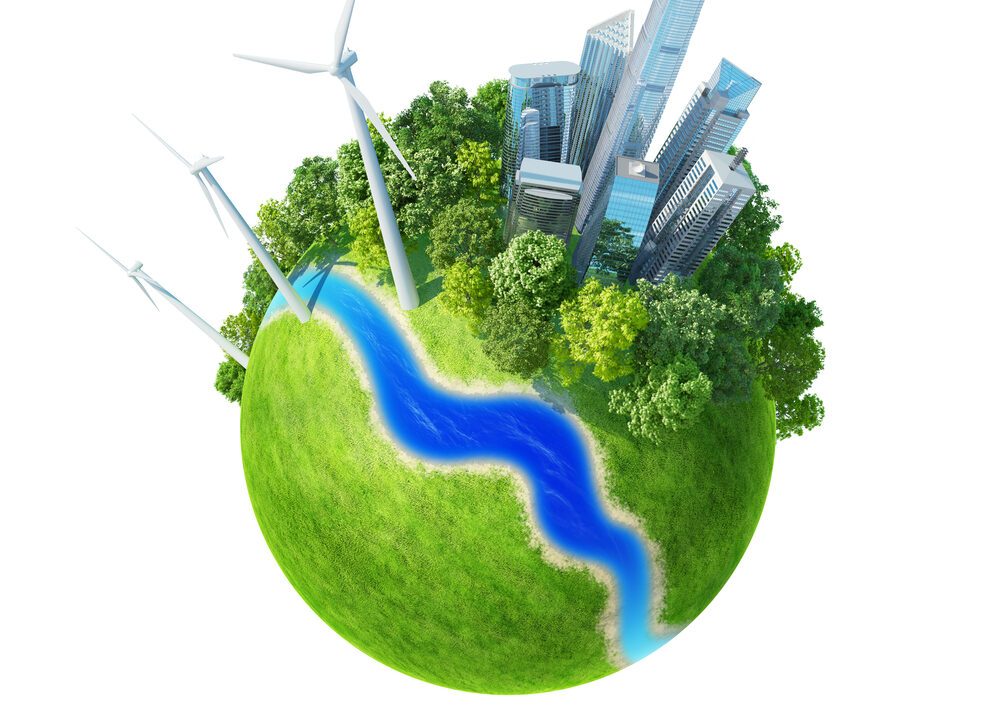Ireland’s current measure of economic performance, Gross Domestic Product (GDP), can and should be developed into a green net national product, which takes the environment into account.
These are the findings of new research by the Economic and Social Research Institute (ESRI) published recently by the Environmental Protection Agency (EPA).
The research report, ‘Towards a Green Net National Product for Ireland’, sets out the importance of incorporating a set of environmental accounts into the national accounts and develops data and resources that contribute towards measuring Ireland’s green net national product.
The ESRI research team, led by Dr John Curtis, found that whereas national governments devote considerable resources to measuring economic performance, fewer have been devoted to measuring how economic activity affects the environment, or how natural resources and a clean environment contribute to economic growth and well-being.
Using a green net national product (GNNP) measurement means policy decisions that may affect the environment can be built on a strong empirical foundation.
The research indicates that households or businesses are not impacted equally by environmental policy measures. The study shows that, for example on a per-person basis, richer households in urban areas have the poorest emissions performance.
In launching the research report Dara Lynott, deputy director general of the EPA, said: “This research, funded under the EPA’s Strive Research Programme, is about delivering a high-quality, policy-focused evidence base that informs decision makers and we are delighted to collaborate with the ERSI on this work.”
Key findings from the report are:
Climate change:
* Existing climate change policies will not be sufficient to achieve Ireland’s 2020 targets.
Sustainable agriculture:
* While Ireland’s dairy and beef production systems are among the most efficient worldwide in terms of carbon footprint, the implementation of Food Harvest 2020 has the potential to contribute an additional one million tonnes of greenhouse gas emissions per annum by 2020 and generate significant additional nutrient emissions. However, preserving emissions-efficient production in Ireland is preferable from a global climate policy perspective.
Transport:
* Transport is integral to both economic activity and social interaction and seriously curtailing transport activity (as opposed to transport emissions) is not a practical option. To make any meaningful progress in reducing emissions, practical, low-emission transport alternatives are necessary, for example electric vehicles and renewable transport fuels.
Waste Management:
* Post 2015, waste generation is projected to grow by 2-2.5 per cent per annum for the household and municipal waste streams.
The level of recycling/recovery is projected to increase with at least an additional 100,000 tonnes of municipal waste recovered/recycled per annum by 2020.
Mandatory household waste collection will result in:
An additional 440,000 tonnes of household waste collected kerbside per annum.
A potential 40 per cent increase in the amount of recyclables (green bin) and organics (brown bin) that are collected kerbside.
Significant reduction in backyard burning of waste potentially reducing total dioxin emissions by 20-25 per cent.
The report is available here “Towards a Green Net National Product for Ireland”.
Image Shuttlestock
